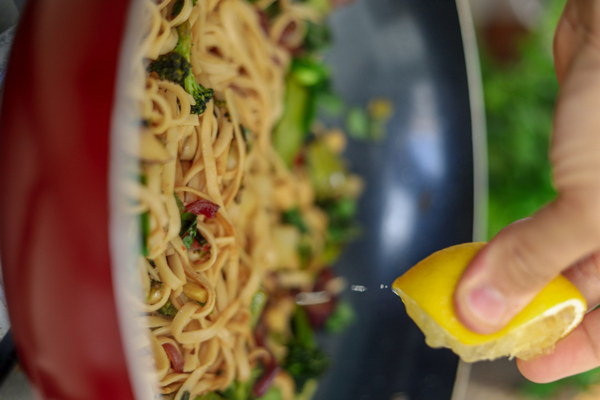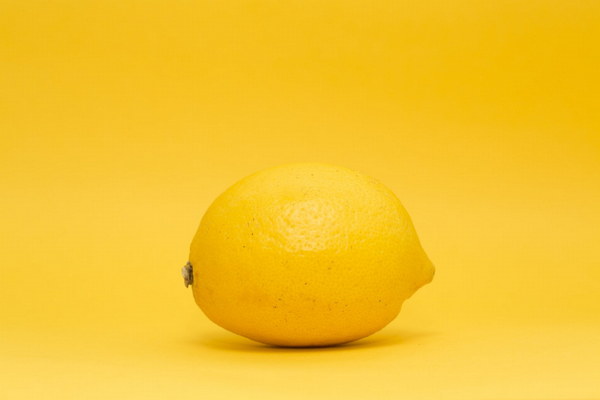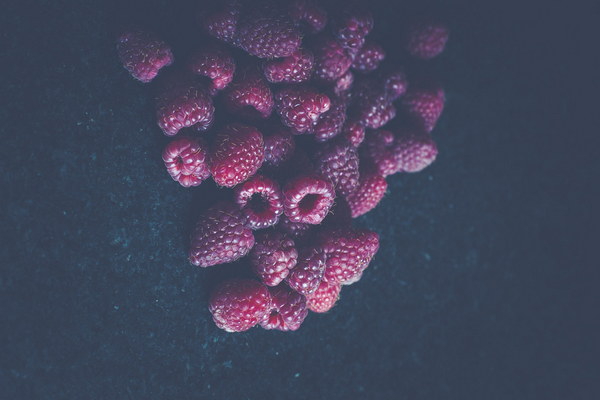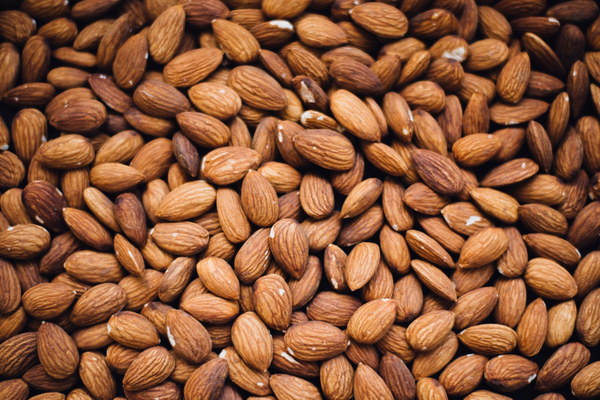The Power of Nutritional Therapy Is Anti-Aging Through Diet Effective
In the quest for eternal youth, countless individuals turn to a myriad of skincare products, surgical procedures, and expensive treatments in the hope of reversing the signs of aging. However, one of the most natural and accessible methods of anti-aging is often overlooked: nutritional therapy. But is dietary intervention truly effective in combating the aging process? Let's delve into the science and practicality of using food as a tool against aging.
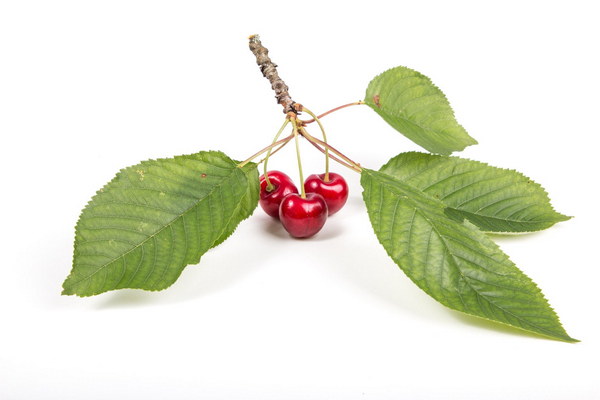
The Science of Nutritional Therapy and Anti-Aging
The concept of using food as medicine is not new. Ancient civilizations, such as the Egyptians and Greeks, recognized the healing properties of various foods. In modern times, scientific research has supported the idea that certain nutrients can indeed contribute to a healthier, more youthful appearance.
One key aspect of nutritional therapy is the role of antioxidants. These compounds help neutralize harmful free radicals, which are unstable molecules that can damage cells and accelerate the aging process. Foods rich in antioxidants include berries, dark chocolate, green tea, and leafy greens. Consuming these can help protect the skin from oxidative stress and may reduce the appearance of wrinkles.
Another important factor is the presence of collagen-boosting nutrients. Collagen is a protein that provides structure to the skin, and its decline is a significant contributor to aging. Foods like fish, nuts, seeds, and citrus fruits contain omega-3 fatty acids and vitamin C, which are essential for the synthesis of collagen. By incorporating these into your diet, you may support the maintenance of youthful skin elasticity.
Practical Tips for Dietary Anti-Aging
1. Eat a Colorful Variety: A diet rich in fruits and vegetables provides a wide array of vitamins, minerals, and antioxidants. Aim for a rainbow of colors on your plate to ensure you're getting a diverse range of nutrients.
2. Stay Hydrated: Drinking plenty of water is crucial for skin health. It helps maintain skin elasticity and aids in the elimination of toxins from the body.
3. Incorporate Healthy Fats: Omega-3 fatty acids, found in fatty fish, flaxseeds, and walnuts, are essential for skin health and can help reduce inflammation.
4. Limit Processed Foods and Sugar: High sugar intake and consumption of processed foods can lead to inflammation and oxidative stress, which contribute to aging. Opt for whole foods instead.
5. Supplement Wisely: While a balanced diet is ideal, some individuals may benefit from supplements to ensure they're getting adequate amounts of specific nutrients. Consult with a healthcare professional before starting any new supplement regimen.
The Role of Lifestyle and Mindset
It's important to note that while dietary interventions can have a significant impact on the aging process, they are just one piece of the puzzle. Lifestyle factors such as regular exercise, adequate sleep, stress management, and sun protection are equally important.
Moreover, the mindset with which we approach aging can also play a role. By adopting a positive outlook and embracing the natural aging process, we can maintain a youthful spirit alongside our physical appearance.
Conclusion
In conclusion, while nutritional therapy may not offer a magical solution to eternal youth, it does provide a practical and natural approach to anti-aging. By focusing on a balanced diet rich in antioxidants, collagen-boosting nutrients, and other essential vitamins and minerals, we can support our body's natural defenses against aging. When combined with a healthy lifestyle and a positive mindset, dietary interventions can be a powerful tool in our quest for a more youthful and vibrant life.
